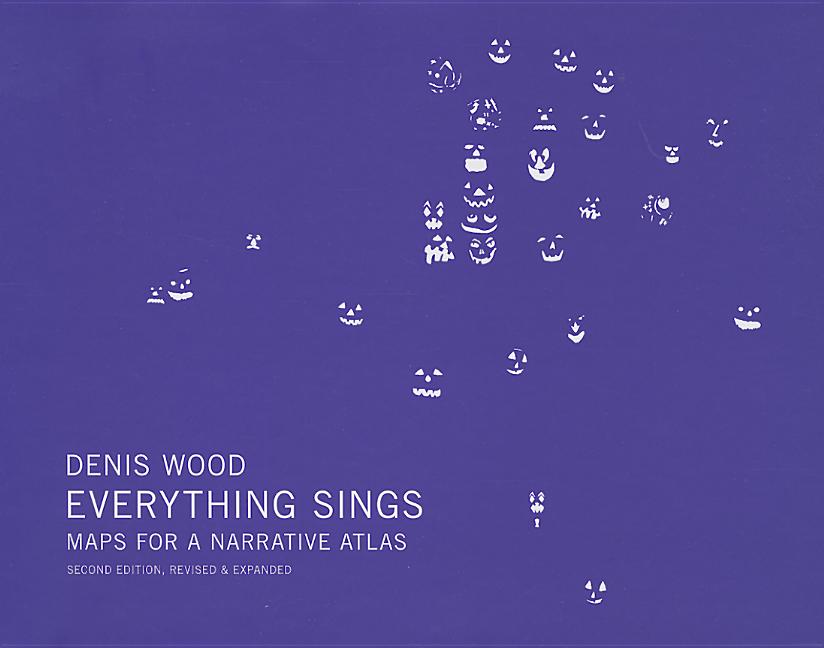Albert Mobilio is the author of four books of poetry: Same Faces (2020), Touch Wood (2011), Me with Animal Towering (2002), and The Geographics (1995). A book of fiction, Games and Stunts, appeared in 2016. His essays and reviews have appeared in Artforum, Paris Review Daily, Harper’s, The New York Times Book Review, BOMB, Cabinet, and Tin House. He was a MacDowell Fellow in 2015 and awarded an Andy Warhol Arts Writers Grant in 2017. A former editor at Bookforum, he is currently an editor at Hyperallergic and an associate professor of literary studies at Eugene Lang College at the New School.

-
The GeographicsPoemsFrom"all wrong "
no one wants to admit it but you just
might end up one day in the wrong
place at the wrong time and some
evil shit rains down on you
and maybe you get
crippled or blind
or plain old
dead and
not one soul will give a good goddamn
because they can soothe them-
selves with a wrung out prayer
about wrong places and
wrong times, when
even as they’re
thinking that
they know
that everywhere is the wrong place
and every hour is the wrong hour
and that bad breaks don’t seek
you out; they’re always there
waiting to swing into action
like a traitor limb you
didn’t even know
you had
 The Geographics: Poems
The Geographics: Poems -
The GeographicsPoemsFrom"The Geographics"
I was often guilty of library theft. I stole books to save them from the way other people read. What’s said in English appears quite small and can be smuggled out easily. Books with big titles speak of pleasures which crack at the end of a rope. Blind windows in between the shelves. Photos of a mind recalling a word. I learned to slash hours off my reading time by pronouncing words faster than they could pronounce themselves. Faraway and foreign. I sound better when you write me here, instead of when I’m being written there.
 The Geographics: Poems
The Geographics: Poems -
The GeographicsPoemsFrom"The Geographics"
When I landed they threw me a blast right there on the field. A coin-fed calypso band, doughnuts, and a guy called Fancy Pants who brought some stunning hashish. But a feeling of horror rose up in my soul. And clouds of darkness compassed me about. I had never flown so far by myself before, and now all the miles came back to me. They blew across my chest and lashed at my face. Without a shield behind which I might lurk, I was a bull’s-eye. So I sat on a chaise lounge and hid my face in the mask my hands made.
 The Geographics: Poems
The Geographics: Poems
“With a dash of reverb, distortion, and flange, Mobilio does Dashiell Hammett doing Dickinsonian compression in discordant voices. Part fever dream, part paralytic empiricism, all yoked together by venom and violets, these poems gesture, point, gently command the world to renew itself, and the self to quit hobnobbing thusly. So do it. Touch wood. Flesh out the noun machine with pulsating musculature. Turns out the acoustics in this place are stunning, even if the conductor’s ditched his baton for a hatchet, hacking melodiously away.” —Noah Eli Gordon [on Touch Wood]
“Intelligence is the first gift here—active, troublemaking, rapture-prone, intelligence. The intelligence that animates Mobilio's celebrated essays and reviews is brightly present in these poems, glittering with quick dance steps, delirious with almost unkept promises. Every page is full of surprises, and I can't think of a poet who so consistently astonishes me with deft moves.” —Robert Kelly [on Me With Animal Towering]
“The Geographics teems with heady, inexhaustible embarkation. A piece of the self is buried inside each departure and, we learn, ‘the ground itself is launched.’ That the skies are ‘geologic’ might thus come as no surprise, but what's around the next clausal bend or stipulatory turn almost always does. This extraordinary book is wise beyond comment or commendation, so true to its way it adduces its own lucid blurb, albeit unintended: ‘These documents require better lips than ours.’” —Nathaniel Mackey
Selected Works

- Print Books
- Find your local bookstore (via IndieBound)
- Bookshop



- Print Books
- Powell's
- Barnes & Noble
- Alibris
- Abe Books
- E-Books
- Kobo
- Barnes & Noble